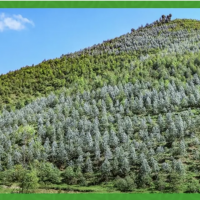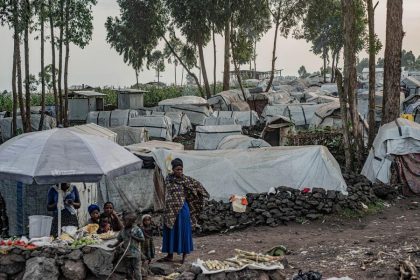The International Monetary Fund has predicted Rwanda’s economic growth will hit 5.2% this year, well above average for the sub-Saharan Africa region.
Following a review visit, the IMF and Rwanda also reached agreement on policies to support the progress of the country’s IMF-supported programmes, namely the policy support instrument (PSI) and standby credit facility (SCF) programmes.
IMF team leader Laure Redifer said: “The team highlighted that Rwanda’s economy continues to perform well, with strong implementation of its IMF-supported programmes.
“Due to a combination of factors (drought, completion of large construction projections, and policy adjustment to address external imbalances), growth decelerated over the second half of 2016 and in early 2017.”
She added that the IMF-supported programmes are “on track” and the government is expected to request a one-year extension on the PSI programme when it expires in December, along with the SCF initiative. Rwanda’s growth is expected to accelerate in the medium term to an average of above 7% over the next three years.
The SCF programme provides financial assistance to low-income countries with short-term balance of payment needs. The PSI is a non-financial instrument that provides IMF advice and support without a borrowing arrangement.
Last month, OECD figures showed the tax and revenue collection had continued to improve across African countries.
The IMF said Rwanda’s “gains in revenue mobilisation had tapered off” and encouraged “passage of income and property tax laws as soon as possible” along with analysis to see how effective tax incentives are.
Earlier this month, the Overseas Development Institute said the IMF’s sub-Saharan Africa report, which found vulnerabilities had increased because of rising public debt and financial sector strains, was “too gloomy” .
The ODI said the report did not fully account for recent improvements in commodity prices.
The Express News










